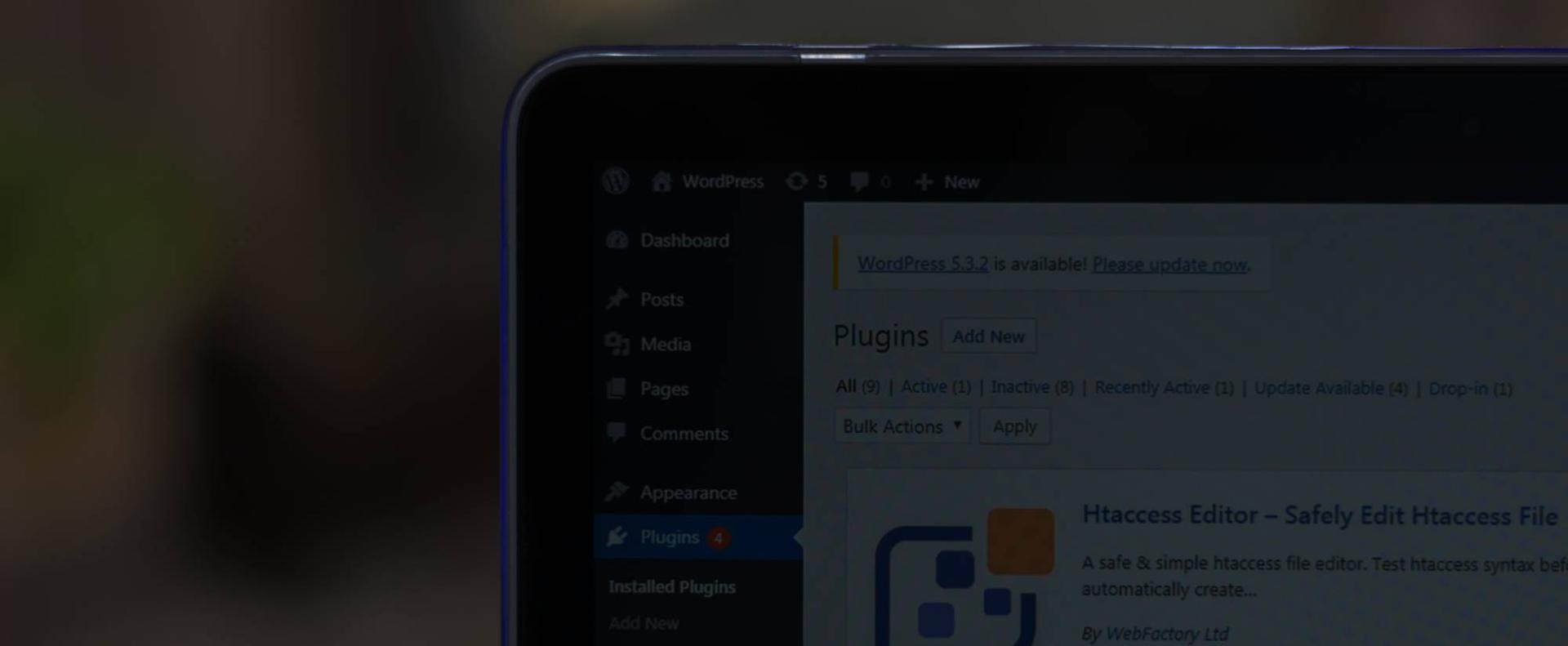Wordpress vs. Headless CMS - Which is Better for SEO?
Wordpress vs. Headless CMS - Which is Better for SEO?
Posted on: January 30, 2024 | Written by: 9thCO Inc.

What is a Headless CMS, and How is it Different from Wordpress?
At this point, most marketers are comfortable with Wordpress and understand how it works. In contrast, the term “headless CMS” is new-ish, and may seem confusingly technical. Here’s a basic explanation of each:Wordpress (or Drupal, etc)
Architecture
With Wordpress, every piece of the site’s architecture sits on one hosting server (this is referred to as ‘monolithic’). These include:- Front-end theme (visual layer).
- Administrative control.
- Website content.
- Other data (e.g. user database).
- Functionality as provided by plugins.
Pros
Because of this ‘unified’ approach, there are serious advantages:- Easy and cost-effective deployment.
- Simple content updating.
- Global talent pool for site maintenance.
- Significant ‘on-page’ optimization out of the box.
Cons
Conversely, also as a direct result of this approach, numerous drawbacks occur:- Even with SEO plugins, good PageSpeed scores are difficult to achieve.
- Significant cybersecurity measures need to be taken to prevent hacking and ransomware.
- Scaling up as traffic increases can be very challenging, as additional server resources are constantly required.
Headless
Architecture
The concept of ‘headless’ means that the content management system is only that, a system to manage content. It is decoupled from the website’s front-end and functionality. So sample architecture might look like this:- Content is managed in a headless CMS, such as Storyblok.
- The website front-end is built using Next.js, and pulls in the content from the CMS via API.
- Other website functionality is also integrated via API. For example, payment processing can leverage Stripe.
- The site is generated into static HTML and deployed onto a cloud-based CDN.
Pros
Because of this ‘composable’ approach, there are serious advantages:- Near-perfect levels of optimization and PageSpeed scores.
- Even simpler content updating, with basic drag-and-drop content blocks.
- Virtually unhackable website, exposing no data or website backend.
- Scaling is simple and painless, as greater traffic levels can simply utilize more cloud computing resources, and spin back down when no longer needed.
Cons
However, since ‘headless’ is a relatively new approach, there are some drawbacks:- Change aversion. Getting entire Marketing teams to accept a new system can be tough.
- Lack of standardization. Since there are so many options (even Wordpress can actually be implemented as headless), it can be challenging to establish an ideal architecture.
- Tech heavy. Realistically going headless will require stronger development resources upfront, as well as for any functional additions.
So Which Option is Better for SEO?
We recently overheard a discussion at a business forum regarding website development. A question was posed: “Our developer is suggesting using a headless CMS, but how will this affect our SEO?”. The response from the Digital Marketing pundit was interesting: “If you care at all about SEO, then Wordpress is really the only option you should consider”. However, the truth is that neither the question nor the answer are technically sound.What’s the SEO Impact?
It’s critical to understand that the CMS itself actually has little to do with your SEO success (or lack thereof). Search engine ‘bots’ crawl your website, and they really only see the code and content on the front-end. So SEO factors include how optimized that code and content are, how fast it’s sent and rendered, and even how authoritative it is. Truthfully, Wordpress on its own is painfully slow. Numerous plugins are required to enable caching, compression, minification and other optimizations. And even with those, PageSpeed scores still suffer. As already explained, with a headless CMS:- The front-end is decoupled, giving developers complete control over the code and speed.
- A modern Javascript-based framework can render the content with perfect PageSpeed scores.
- The site and data can even reside at what’s called the “edge”, meaning that a global retailer can provide shoppers with the website from a cloud datacenter that is geographically near to them.
Conclusion
Realistically, there are times when a headless CMS implementation is overkill. The extra cost and technical complexity are often undesirable for local or owner-operator businesses. But for most businesses, for which SEO, user experience and cybersecurity are material concerns, there’s simply no match for the advantages that a composable, headless CMS implementation can provide. About the author:Our team is a tightly knit roster of web developers and digital marketing experts dedicated to doing great work for our clients. At the heart of our work is a love for what we do, and for what\'s next on the horizon, and we foster this with dedicated R&D and training time for all team members.
